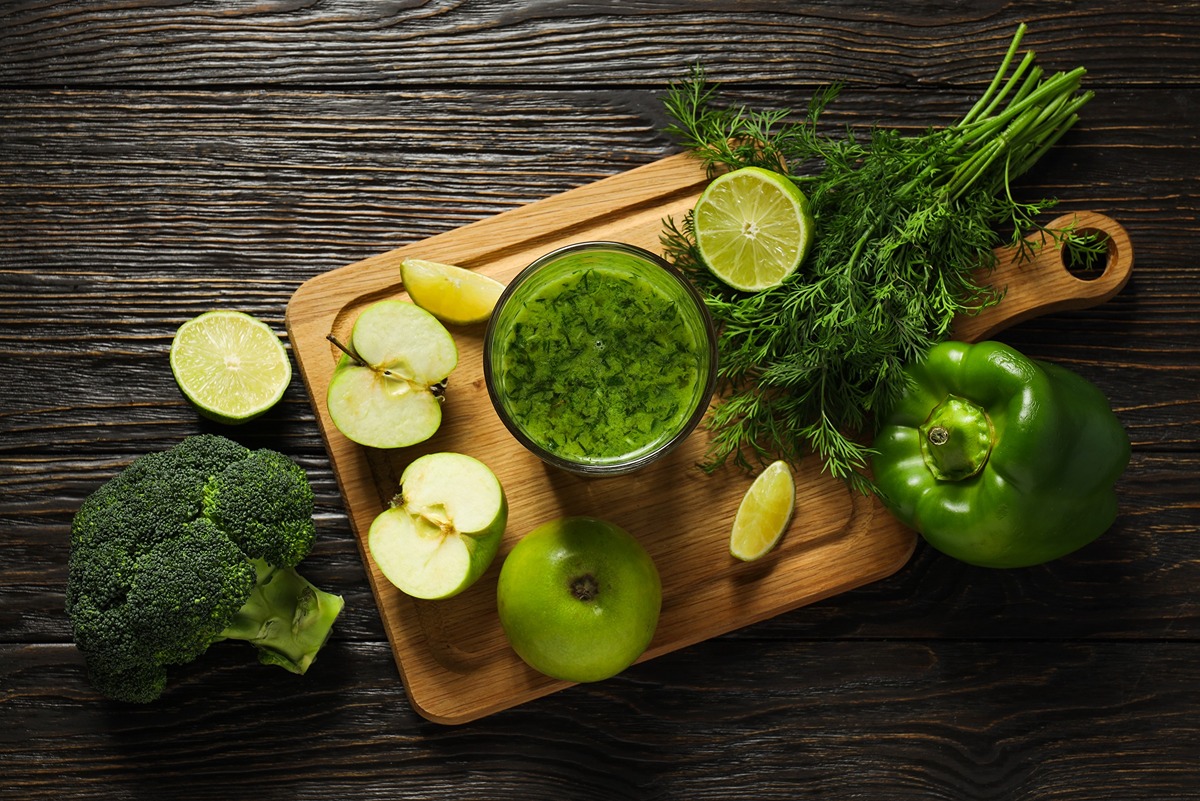
Ready to hit the reset button on your eating habits? Detox diets and cleanses have been gaining popularity in recent years, promising a fresh start for your body. But do they really work? Let's dive into the world of cleanse detox diets to find out if they live up to their hype.
Detox diets and cleanses have captured the attention of many health-conscious individuals looking to jumpstart their wellness journey. These diets claim a range of benefits, from increased energy levels to improved digestion. People are drawn to them like moths to a flame, hoping for a quick fix to their health concerns.
In this article, we'll explore the pros and cons, myths, and facts surrounding cleanse detox diets. We'll provide you with all the information you need to make an informed decision about whether or not they're right for you.
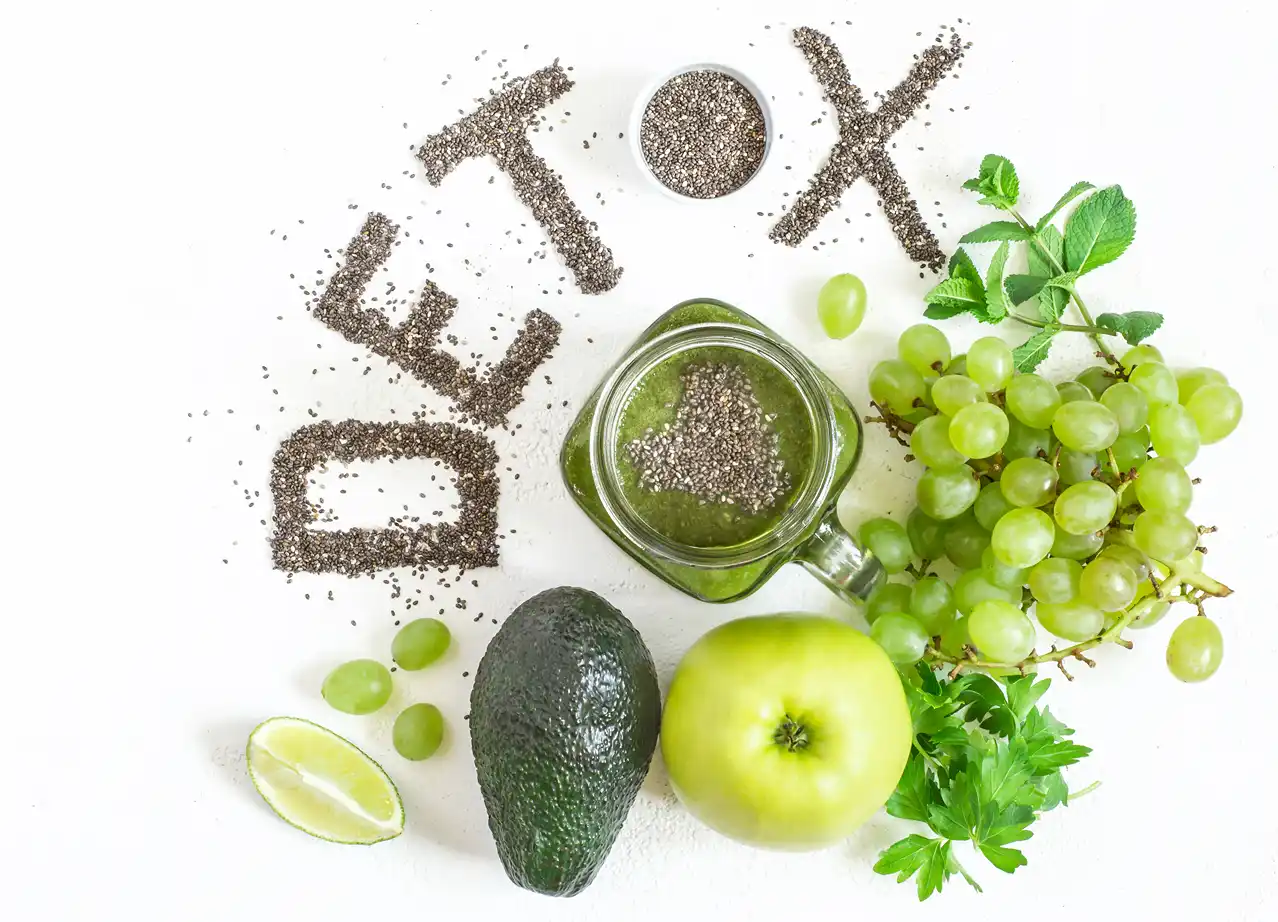
So, you've heard about this cleanse detox diet thing. It's all the rage these days, with promises of glowing skin, increased energy, and a fresh start for your body. But what exactly is a cleanse detox diet? And how does it work? Let's dive in and explore the different types and categories of these diets.
A cleanse detox diet typically involves removing certain foods from your diet and focusing on consuming specific foods or liquids for a designated period. There are various types of detox diets out there, but some common ones include juice cleanses, liver detox plans, and elimination diets.
During a juice cleanse, you'll drink only fruit and vegetable juices for a set number of days. Liver detox plans often involve avoiding processed foods, alcohol, caffeine, and sugar while incorporating liver-supporting foods like leafy greens, beets, and garlic into your meals. Elimination diets require cutting out specific food groups such as gluten or dairy to identify potential food sensitivities or allergies.
These diets usually last anywhere from a few days to several weeks. Some even suggest following them for an entire month! Meal plans can vary depending on the specific cleanse you choose.
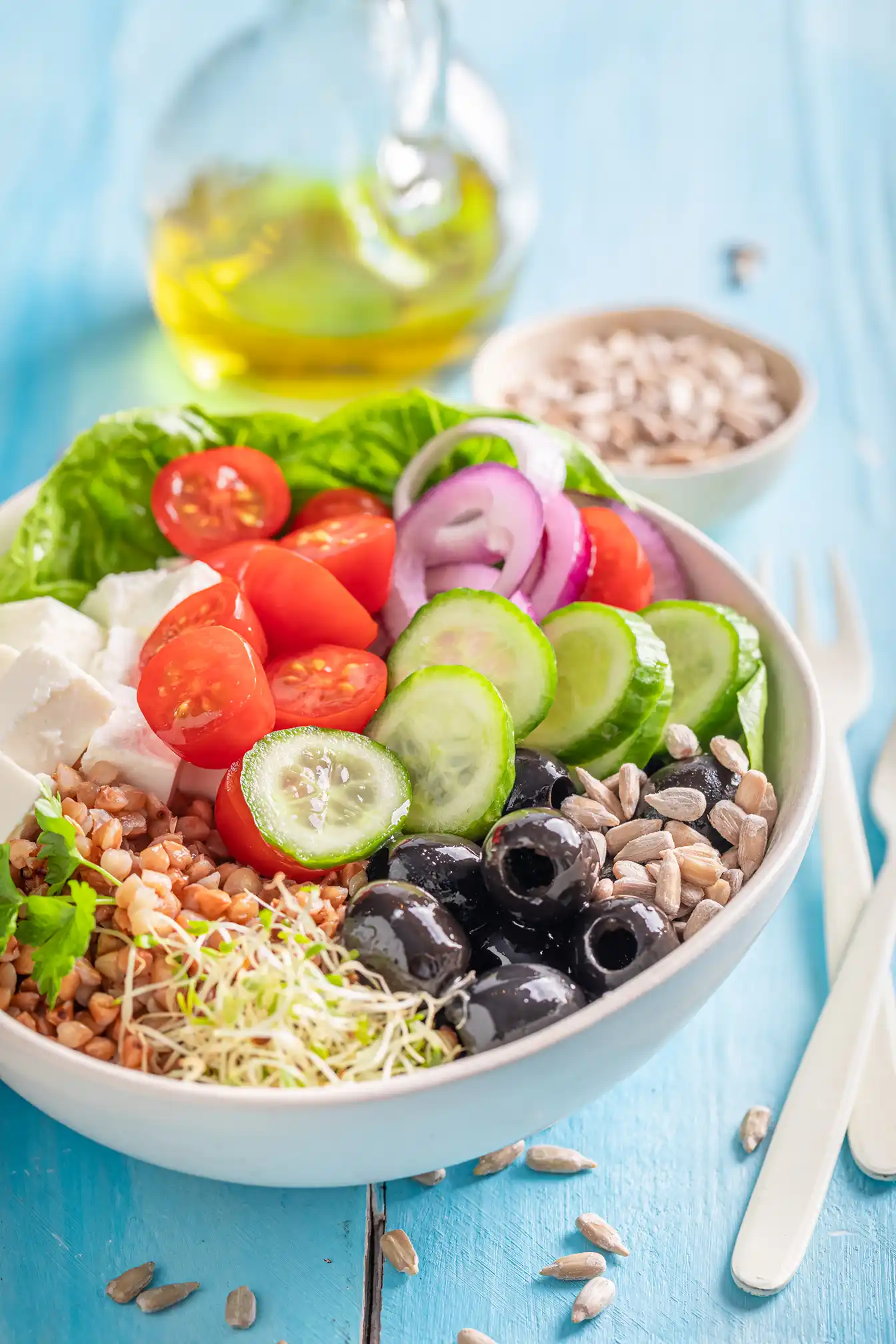
While the effectiveness may vary from person to person, let's take a closer look at some potential pros of incorporating a cleanse detox diet into your routine.
Many people report experiencing better digestion after completing a cleanse or detox. By eliminating processed foods and focusing on whole, nutritious options, you're giving your gut a chance to reset and heal.
Cutting out sugar-laden, processed foods can give you an energy boost that leaves you feeling revitalized. With a cleanse detox diet, you'll be fueling your body with nutrient-dense fruits, vegetables, and lean proteins.
Shedding a few pounds is often an added perk of embarking on a cleanse detox diet. By reducing calorie intake and choosing nutrient-rich foods, your body may naturally shed excess weight.
One of the benefits of trying out a cleanse or detox is that it can catalyze the adoption healthier eating patterns in the long run. It can help you break free from unhealthy food cravings and jumpstart a new chapter of mindful eating.
Remember, while these potential pros sound enticing, everyone's experience may differ. It's essential to approach any cleanse or detox diet with an informed perspective and consult with healthcare professionals before making any drastic changes to your eating habits.
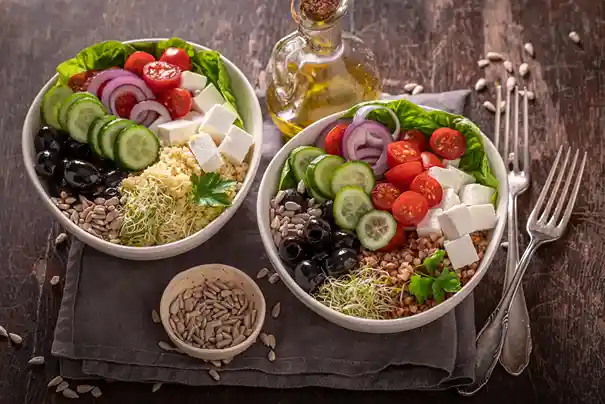
While cleanse detox diets may offer some potential benefits, it's important to consider the downsides as well. Here's a closer look at the cons of hopping on the cleanse detox train:
Many cleanse detox diets restrict certain food groups or severely limit calorie intake, which can lead to nutrient deficiencies. For example, juice cleanses often lack sufficient protein, healthy fats, and fiber. This can leave you feeling weak, and fatigued, and even compromise your immune system.
Protein is essential for building and repairing muscles. When you follow a cleanse detox diet that restricts protein intake, you may experience muscle loss. This not only affects your strength and physical performance but also slows down your metabolism in the long run.
While a short-term cleanse or detox diet may seem appealing for quick results, it's not sustainable in the long term. These diets often promote rapid weight loss through extreme calorie restriction or liquid-based meal plans. However, once you return to your regular eating habits, the weight tends to come back—leading to potential yo-yo dieting effects.
Cleanse detox diets can sometimes reinforce unhealthy relationships with food and trigger disordered eating patterns. The strict rules and restrictions may lead to feelings of guilt or failure if you deviate from the plan—even if it's for a special occasion or enjoying a meal with loved ones.
It's important to approach cleanse detox diets with caution and consider their potential drawbacks before diving in headfirst.
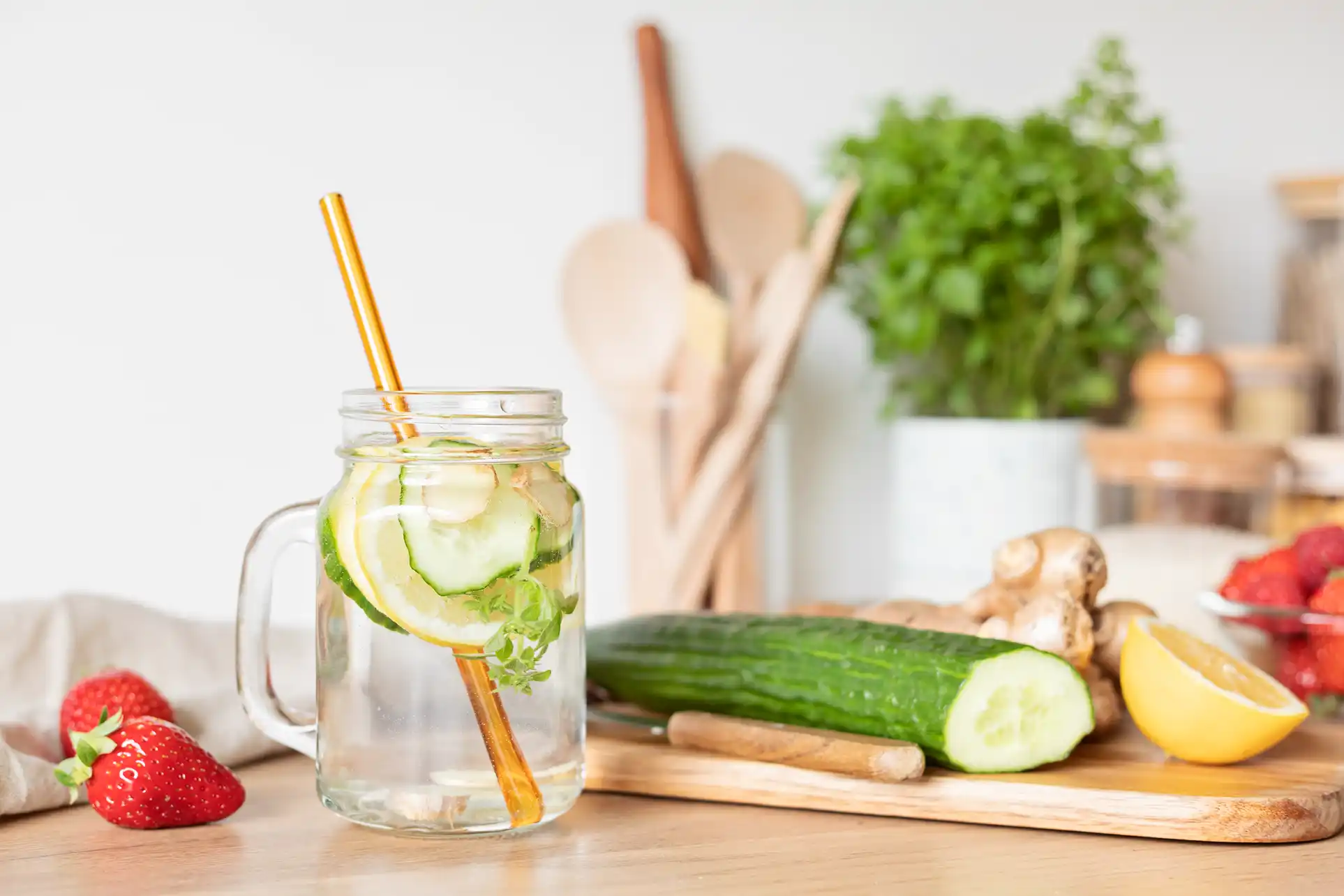
Let's bust some common misconceptions surrounding cleanse detox diets and separate fact from fiction.
One of the biggest myths surrounding detox diets is that they flush toxins out of your system. The truth is, that our bodies are equipped with natural detoxification processes, primarily carried out by our liver and kidneys. These organs work tirelessly to eliminate waste and impurities. While certain foods can support these processes, there is no scientific evidence that a specific cleanse detox diet is necessary for toxin removal.
Detox diets often promise rapid weight loss within a short period. While it's true that you may experience initial weight loss during a cleanse due to water weight and calorie restriction, this is not sustainable in the long term. Most of the weight lost during cleanse diets tends to be regained once normal eating patterns resume.
Rather than following extreme detox plans, you can support your body's natural detoxification processes through simple dietary choices. Including plenty of fruits, vegetables, whole grains, and lean proteins, and staying adequately hydrated can help optimize your body's ability to eliminate waste products efficiently.
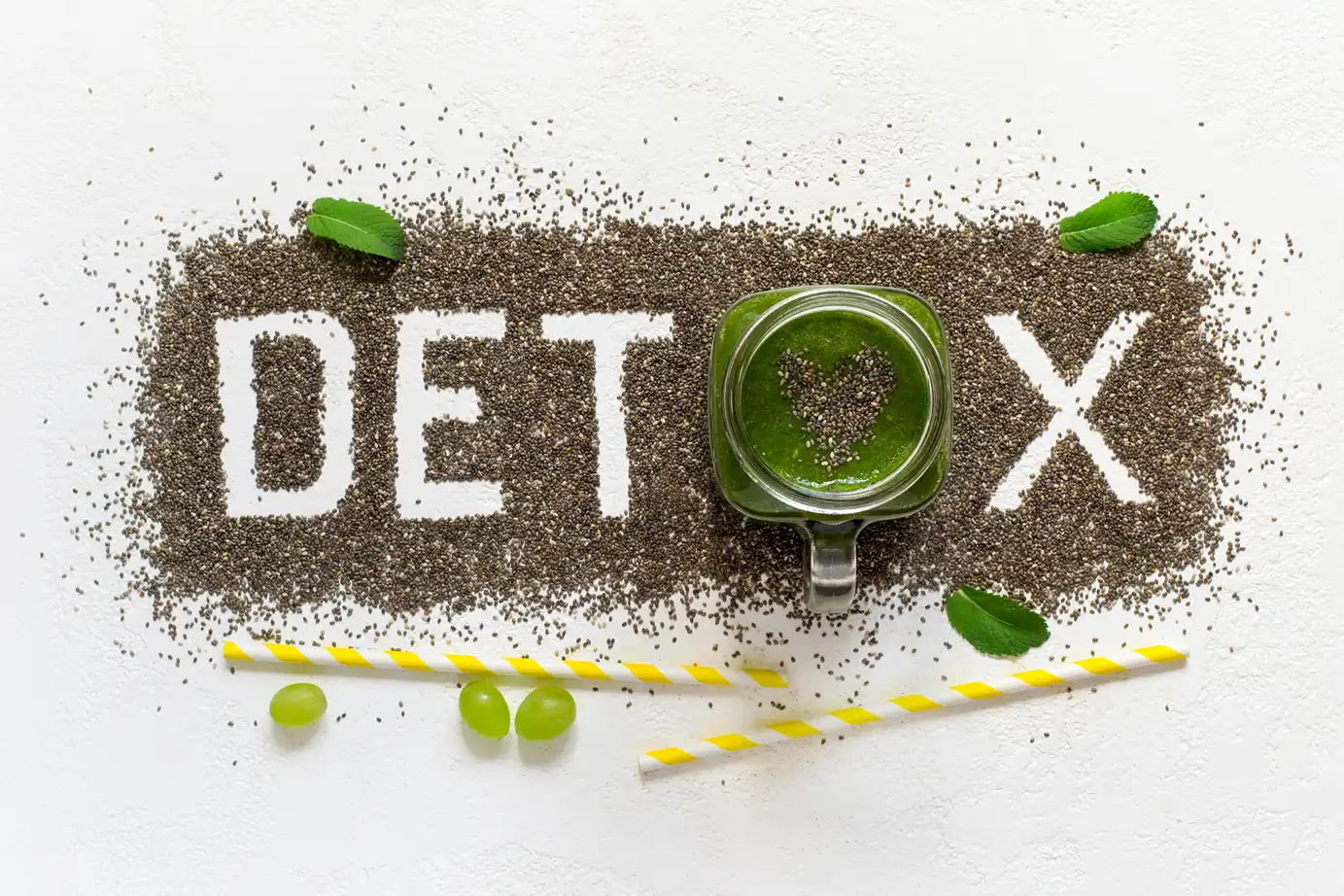
So, there you have it – the lowdown on detox diets and cleanses. While some may find short-term benefits from a cleanse or detox diet, it's essential to approach them with a well-informed perspective. Remember, sustainable lifestyle changes are key to long-term health and wellness. Before dramatically altering your eating habits, consider your personal health goals and consult with healthcare professionals who can guide you on the best path forward. Here's a recap of what we've covered:
- Detox diets and cleanses are popular due to their promised benefits, but do they work?
- Cleanse detox diets come in various forms, such as juice cleanses or liver detox plans.
- Pros of hopping on the detox train include improved digestion, increased energy levels, and kick-starting healthy habits.
- However, cons like nutrient deficiencies and potential muscle loss may outweigh the short-term benefits.
- It's time to debunk some common misconceptions about detox diets, like their ability to remove toxins from your body or provide quick weight loss results.
- Instead of relying on extreme diets, focus on maintaining a balanced diet to support your body's natural detoxification processes.
Remember: Your body is equipped with remarkable mechanisms to cleanse itself naturally. While a short-term cleanse might provide temporary benefits, it's important to consider long-term sustainability for overall health and well-being.

